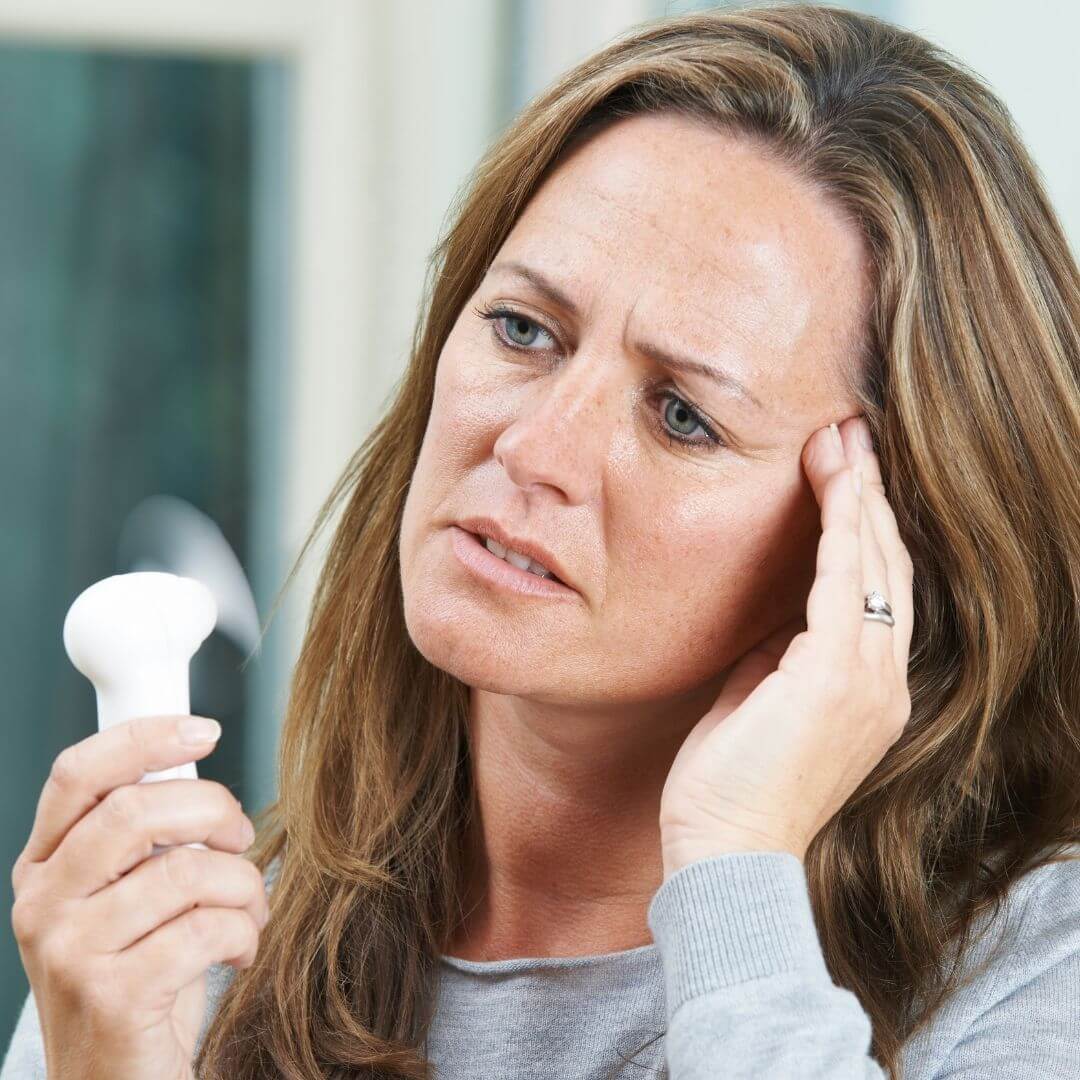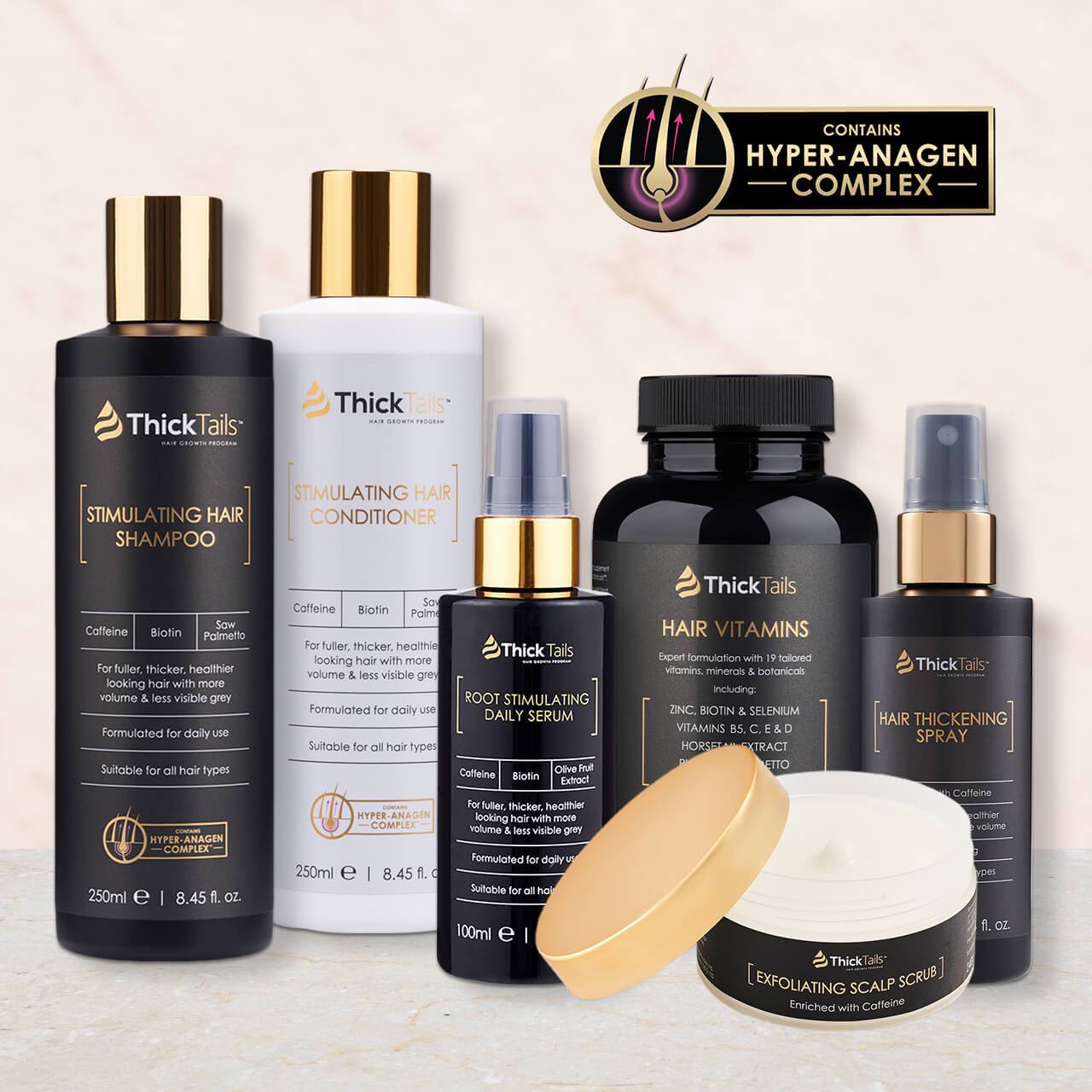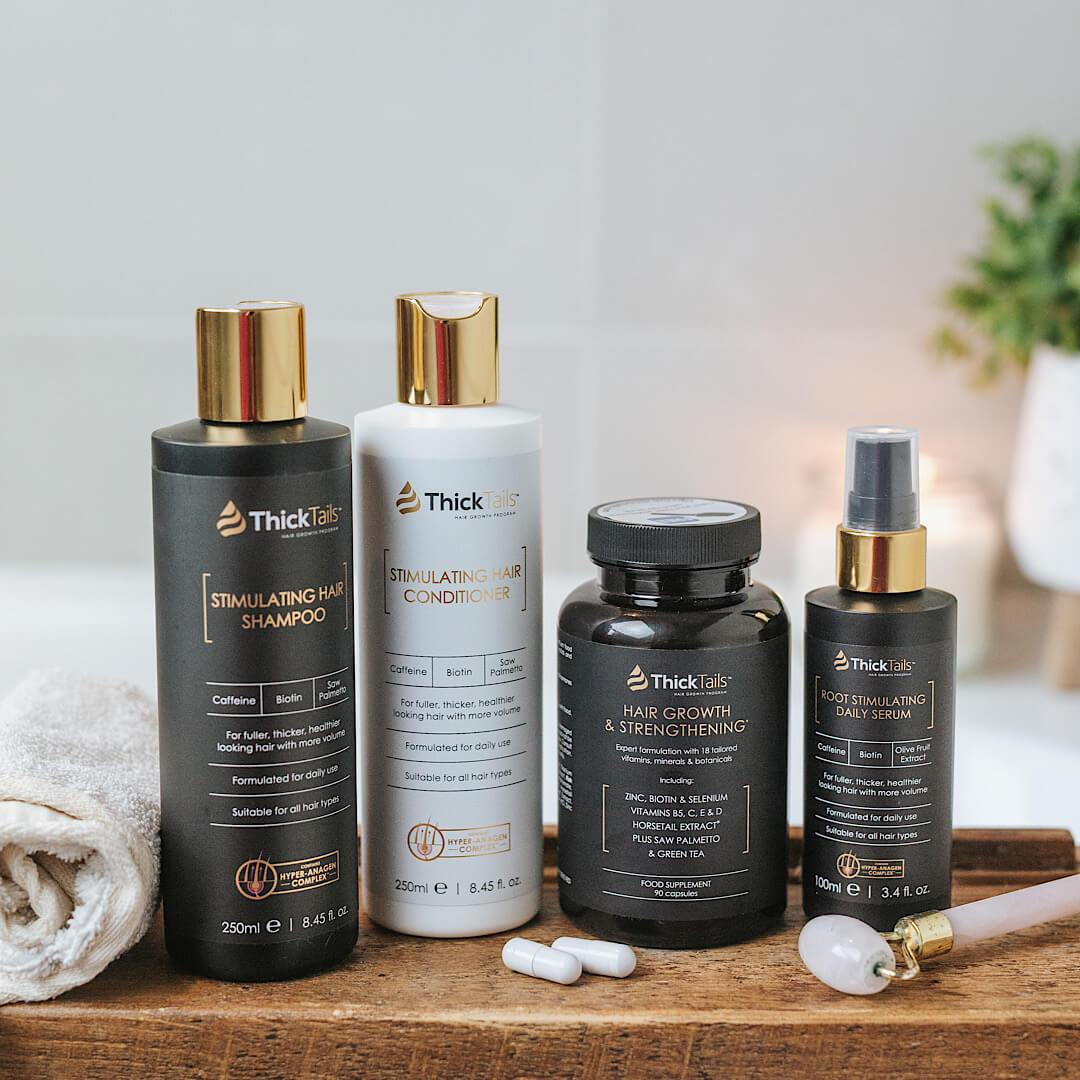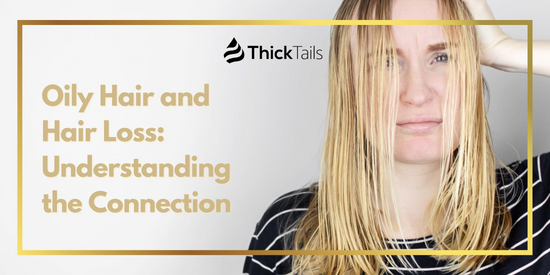Hair loss, a common concern among men, has a variety of underlying causes. One of the lesser-known culprits is sebum overproduction—a condition that's often misunderstood. If you're a man experiencing hair loss and curious about the role of sebum in this process, this in-depth exploration could illuminate a path to healthier, fuller hair.
Understanding Sebum Overproduction and Its Effects on Hair Loss in Men

Sebum overproduction in men can lead to a series of hair concerns, notably hair loss. A balanced approach to addressing this issue involves a combination of a quality hair serum, shampoo, and conditioner specifically formulated to regulate sebum levels on the scalp. These hair care products are designed to cleanse excess oil gently, without stripping the scalp of essential moisture. For men grappling with hair loss, choosing the right shampoo and conditioner, complemented by a nurturing hair serum, can significantly mitigate the adverse effects of sebum overproduction, paving the way to healthier and more resilient hair.
What is Sebum and Its Role in Hair Health?
Sebum is an oily, waxy substance produced by the sebaceous glands. These glands are found in the skin's dermal layer and are connected to hair follicles. In moderation, sebum is essential for maintaining the hair's condition, as it acts as a natural moisturizer and assists in preventing breakage. However, excessive sebum can lead to problems.
Factors Contributing to Sebum Overproduction in Men
Several factors can lead to overactive sebaceous glands in men. Genetics can play a role, as can hormonal imbalances, which often occur during puberty or as part of the aging process. Stress, poor diet, and certain medications can also contribute to heightened sebum production.
How Excess Sebum Can Lead to Hair Loss in Men
When sebum levels rise beyond what's necessary, the pores can become clogged, disrupting the hair's growth cycle. This can lead to hair thinning and eventual hair loss. Additionally, sebum can attract and accumulate environmental pollutants, further suffocating the hair follicles.
Managing Sebum Production for Healthy Hair in Men
For men facing the challenge of hair loss, managing sebum production is a crucial step towards healthier hair. Incorporating a hair care regimen that includes a specially formulated hair serum, shampoo, and conditioner can be a game-changer. These products, designed specifically for men, target sebum overproduction effectively, ensuring the scalp remains clean without drying out. By selecting the right hair serum, shampoo, and conditioner, men can alleviate the concerns associated with excessive sebum, such as clogged pores and hair loss, nurturing their scalp back to health and laying the foundation for stronger, more vibrant hair.
Proper Hair Care Routine to Control Sebum Production
Developing a hair care routine that targets sebum overproduction can significantly impact hair health. Look for shampoos and conditioners designed to balance sebum levels, typically those with clarifying and oil-regulating properties.
Lifestyle Changes to Reduce Sebum Overproduction
For some, simple lifestyle changes can regulate sebum production. Regular exercise, adequate sleep, and stress management techniques can all help keep sebum levels in check.
Additionally, a diet rich in antioxidants and omega-3 fatty acids can support skin and hair health, potentially reducing sebum overproduction and its impact on hair loss in men. Staying hydrated and avoiding harsh hair treatments and styling products can also mitigate sebum-related hair issues, contributing to overall healthier hair for men experiencing hair loss.
Using Products to Balance Sebum Levels in Men's Hair
Specialized hair products like serums and treatments can also be effective in balancing sebum production. Many of these products contain ingredients known for their sebum-regulating and follicle-stimulating properties, like jojoba oil and tea tree oil.
Additionally, it's beneficial for men to seek out hair serums, shampoos, and conditioners enriched with natural ingredients that target hair loss and balance sebum production without harsh chemicals. These products not only address the root cause of hair loss in men but also ensure the scalp's environment is conducive to healthy hair growth. Through a disciplined use of such hair care products, men can effectively combat the negative impact of excess sebum on hair health.
Expert Tips and Advice for Men Dealing with Sebum-Related Hair Loss

For men struggling with hair loss, the importance of selecting the right hair serum, shampoo, and conditioner cannot be overstated. These products play a pivotal role in addressing the root cause of the issue—sebum overproduction. By integrating these specialized hair care solutions into their daily routine, men can effectively manage sebum levels on the scalp, removing blockages that hinder hair growth, and paving the way for healthier, fuller hair. This targeted approach not only helps mitigate hair loss but also nurtures the scalp's overall health, promoting a stronger, more resilient mane.
Consulting with Dermatologists for Sebum-Related Hair Loss
Dermatologists can offer personalized solutions for sebum-induced hair loss. They may recommend medical-grade shampoos, topical treatments, or in some cases, prescription medications to address the issue.
Natural Remedies and Supplements to Regulate Sebum Production
Natural remedies and supplements are also available and can aid in regulating sebum production. Ingredients like saw palmetto and zinc have shown promise in reducing sebum overproduction when ingested or applied topically.
Natural remedies and supplements are also available and can aid in regulating sebum production. Ingredients like saw palmetto and zinc have shown promise in reducing sebum overproduction when ingested or applied topically. For men experiencing hair loss, targeting sebum regulation through these natural means can be a vital part of a broader strategy to maintain hair health and prevent further thinning. Essential oils such as lavender and peppermint, known for their soothing and invigorating properties, can also be beneficial in treating the scalp and reducing excess sebum.
Understanding the Role of Diet in Sebum Production and Hair Health
The foods you eat can impact sebum levels and consequently, hair health. Consuming a diet rich in vitamins, minerals, and antioxidants is important. Conversely, high-fat and high-sugar diets can exacerbate sebum overproduction.
By understanding the role of sebum in hair loss and taking a comprehensive approach to hair care, men can combat the effects of sebum overproduction and maintain a healthy head of hair. It takes a combination of proper products, lifestyle adjustments, and potentially professional advice to strike the right balance. Remember, the path to better hair health is not one-size-fits-all, and finding the right approach for you may take some trial and error. But with persistence and patience, managing sebum levels can lead to a significant reduction in hair loss and a boost in overall hair quality.














